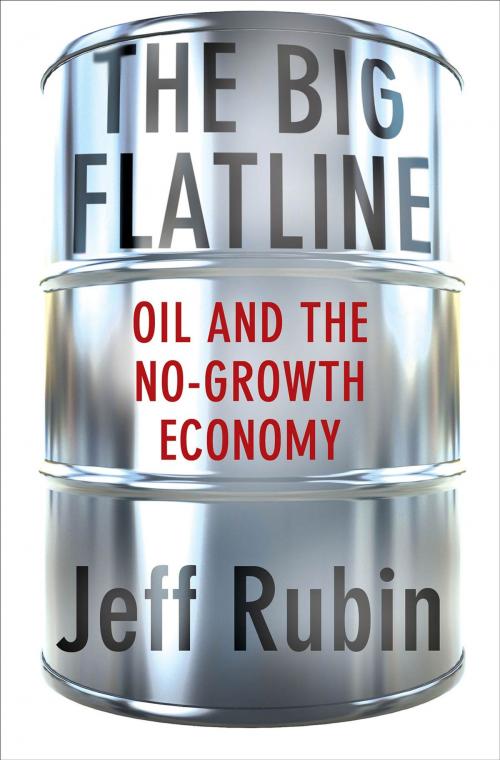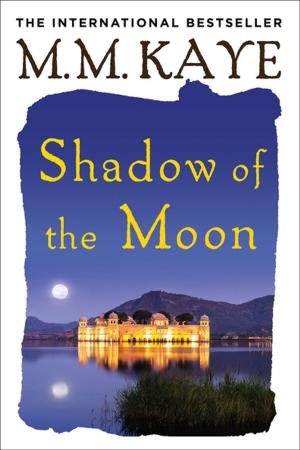The Big Flatline
Oil and the No-Growth Economy
Business & Finance, Economics, Economic Development, Industries & Professions, Industries| Author: | Jeff Rubin | ISBN: | 9781137296771 |
| Publisher: | St. Martin's Press | Publication: | October 16, 2012 |
| Imprint: | St. Martin's Press | Language: | English |
| Author: | Jeff Rubin |
| ISBN: | 9781137296771 |
| Publisher: | St. Martin's Press |
| Publication: | October 16, 2012 |
| Imprint: | St. Martin's Press |
| Language: | English |
In an urgent follow-up to his best-selling Why Your World Is About To Get A Whole Lot Smaller, Jeff Rubin argues that the end of cheap oil means the end of growth. What it will be like to live in a world where growth is over?
Economist and resource analyst Jeff Rubin is certain that the world's governments are getting it wrong. Instead of moving us toward economic recovery, the measures being taken around the globe right now are digging us into a deeper hole. Both politicians and economists are missing the fact that the real engine of economic growth has always been cheap, abundant fuel and resources. But that era is over. The end of cheap oil, Rubin argues, signals the end of growth--and the end of easy answers to renewing prosperity.
With China and India sucking up the lion's share of the world's ever more limited resources, the rest of us will have to make do with less. But is this all bad? Rubin points out that there is no research to show that people living in countries with hard-charging economies are happier, and plenty of research to show that some of the most contented people on the planet live in places with no growth or slow growth. But bad or good, it's the new reality, and Rubin reveals how our day-to-day lives will be drastically changed.
In an urgent follow-up to his best-selling Why Your World Is About To Get A Whole Lot Smaller, Jeff Rubin argues that the end of cheap oil means the end of growth. What it will be like to live in a world where growth is over?
Economist and resource analyst Jeff Rubin is certain that the world's governments are getting it wrong. Instead of moving us toward economic recovery, the measures being taken around the globe right now are digging us into a deeper hole. Both politicians and economists are missing the fact that the real engine of economic growth has always been cheap, abundant fuel and resources. But that era is over. The end of cheap oil, Rubin argues, signals the end of growth--and the end of easy answers to renewing prosperity.
With China and India sucking up the lion's share of the world's ever more limited resources, the rest of us will have to make do with less. But is this all bad? Rubin points out that there is no research to show that people living in countries with hard-charging economies are happier, and plenty of research to show that some of the most contented people on the planet live in places with no growth or slow growth. But bad or good, it's the new reality, and Rubin reveals how our day-to-day lives will be drastically changed.















